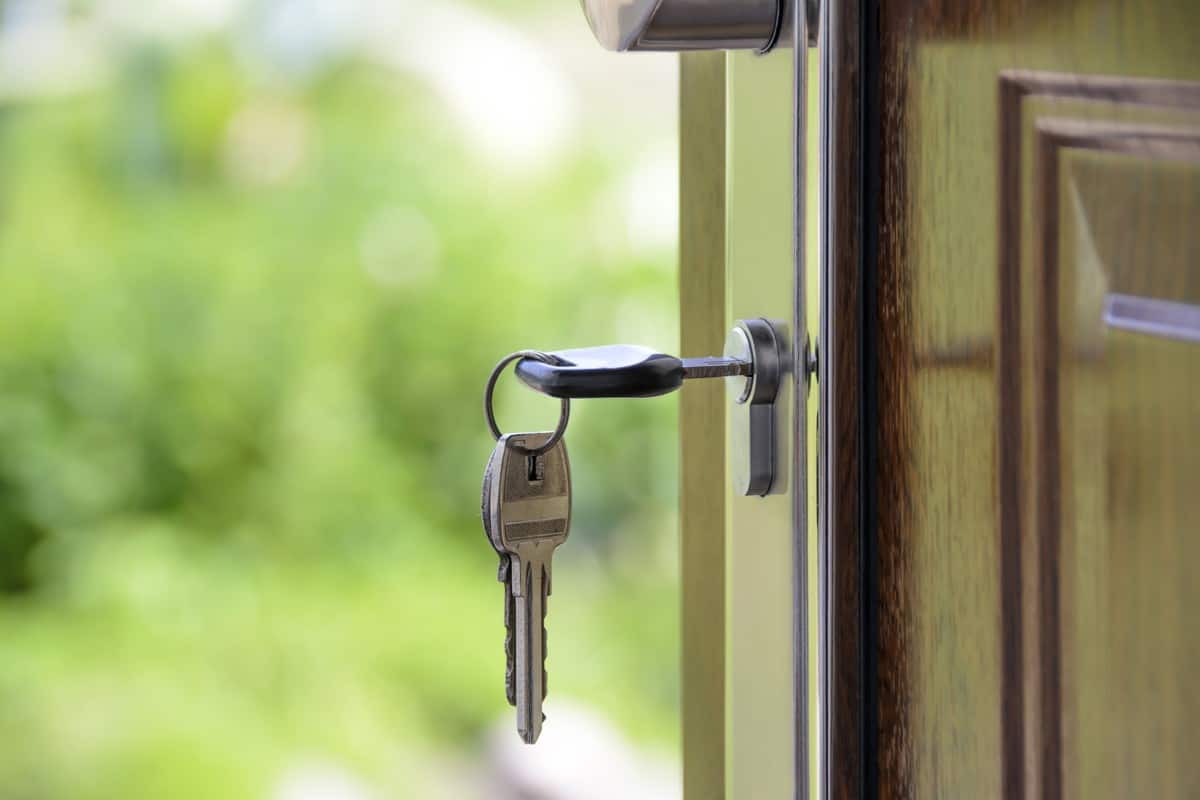Looking at houses, imagining them as your own, is exciting. Arranging your furniture in your mind’s eye and thinking about putting down roots is all a part of the home buying process.
But some more daunting steps are part of the process too. Saving for a downpayment, applying for a mortgage, and even worrying that the house is not what it appears is all part of the process also.
Saving is a necessity for becoming a homeowner. Mortgage research is essential to get the best deal for you. A home inspection can help you to learn as much as possible about your future home.
Read on to learn all the things you should think about home inspections and buying a house.
What Is A Home Inspection?
A home inspection is something the potential buyer asks for during the sale process. Typically, once an offer has been made and accepted, the involved real estate agents will draw up the purchase agreement.
Part of the purchase agreement should be that the pending sale is contingent on a successful home inspection. Should the home inspector find a glaring problem, you can go back to the homeowner and renegotiate or get out of the agreement for a truly egregious problem.
A home inspection means hiring a professional who knows how to look at the intricacies of a house and find potential issues to consider before you make the purchase.
Before the inspection, you also want to ask the realtor of the seller to provide a seller’s disclosure agreement. In some states, the seller is required by law to inform you of potential problems.
Finding A Home Inspector
Often your real estate agent can suggest a reputable home inspection person. You want a professional inspector. Ask if they are members of the American Society of Home Inspectors.
Once you hire them, you set a date for the inspection. It’s a great idea to be present for the examination since your home inspector can share insights.
Types Of Home Inspections
Like a DIY project or even a new home itself, there are various types of home inspections.
The goal of a specific type of home inspection would be to identify potential problems related to that area of the home.
You might choose to have a specific type of inspection done on a home because there is the potential for problems in that area of the house. Having the inspection done would allow you to find potential significant issues before the home sale becomes final.
Let’s look into some types of home inspections.
General Inspections
Most home buyers start with a general inspection. A good inspector will go over the core components that make up a house. They will look at things like:
- Roof and gutters
- Foundation
- Paint
- Safety standards
- Electrical coding
Often in a general inspection, a home inspector will check the furnace and water heater to evaluate their age and potential for breaking down.
Competent inspectors will watch for water damage in the basement and check heating, cooling, and plumbing.
Disaster Inspection
Disaster inspection is a smart idea if you live in an area that experiences frequent natural disasters like hurricanes or earthquakes.
This type of inspection would look for issues related to the natural disaster like roofing problems or water damage.
HVAC Inspection
An HVAC inspection will look more closely at the components of your HVAC system. It might be worth a closer look at if the furnace or air conditioning is older policy, including the heating, ventilation, and air condition system. They might also test for radon as part of this inspection.
Mold Inspection
Mold can be a potential problem for some homes, especially those with a bad roof or water issues. The visible mold is one thing to resolve. With a little effort, the visible mold can be removed.
However, the hidden mold is another matter since it can be expensive to get rid of. If you suspect a home has a mold issue, remember to get it done.
Foundation And Structural Inspection
This type of inspection has the home inspector looking closely at the foundation of the home. They will look for cracks in the foundation that might weaken it, making the foundation slide.
While this is a different kind of inspection, soil stability checks might also be a part of this inspection. The inspector will look to make sure soil is stable and wouldn’t move around a foundation that may shift.
Cracks in the foundation might also be a sign of potential water problems. If the home has a crawl space, the inspector will look there for potential water or mold issues.
Chimney Inspection
Don’t skip a chimney inspection if you’re buying a home with a wood-burning fireplace. That is especially true for older homes.
Older chimneys could have build up from years of use that add potential fire risk. You also want a chimney inspection to make sure the fireplace is structurally sound.
Electrical Inspection
An electrical inspection will look at the visible wiring and electrical system of a house. That means the home inspector will look at the electrical panel to ensure the house has no code violations.
While an inspector can’t peek inside the walls, they can tell you if the electrical system is old and a risk and where potential problems might exist.
Sewer And Septic Inspection
Nobody wants to buy their first home only to find sewage backing up in their basement a few months later.
If there is any concern about either the sewer line or the septic system, get this type of inspection.
Sometimes the inspector will even check the whole house plumbing system, right down to turning on faucets. They can also check the water heater as part of the water system in the house.
Pool And Spa Inspection
While a pool can sound exciting to a new homeowner, it is full of potentially expensive problems. If a home has a pool or spa, have a pool inspector take a look at it. Everything from the filter to the heater is costly should they break after the house is purchased.
Asbestos Inspection
If the home you are considering buying was built before 1973, you want to get an asbestos inspection, since it’s often found in the insulation of older homes and can be very costly to get rid of
Lead-Based Paint Inspection
Like asbestos, getting a lead-based paint inspection is a good idea if you are purchasing a home built before 1978. Before 1978, many homes were painted with lead-based paints that are now associated with significant. If you are buying a home with lead-based paint, you want to know beforehand to plan for removal.
Home Inspection Report
Once the home inspector goes through the house, no matter the type of inspection, you will receive a written inspection report. The report will detail what was looked at in the inspection process and will add in any concerns as comments in the final report.
While getting a home inspection done is an essential step in the home buying process, all homeowners should remember, it is not foolproof since they can only report back on what they can see.
Home Inspection for Buyers
If you are in the process of buying a home, information is power. You want to make getting a home inspection part of the purchase agreement.
If you are going through the home buying process now, check out our mortgage tools to help you narrow down the best mortgage option for you.



